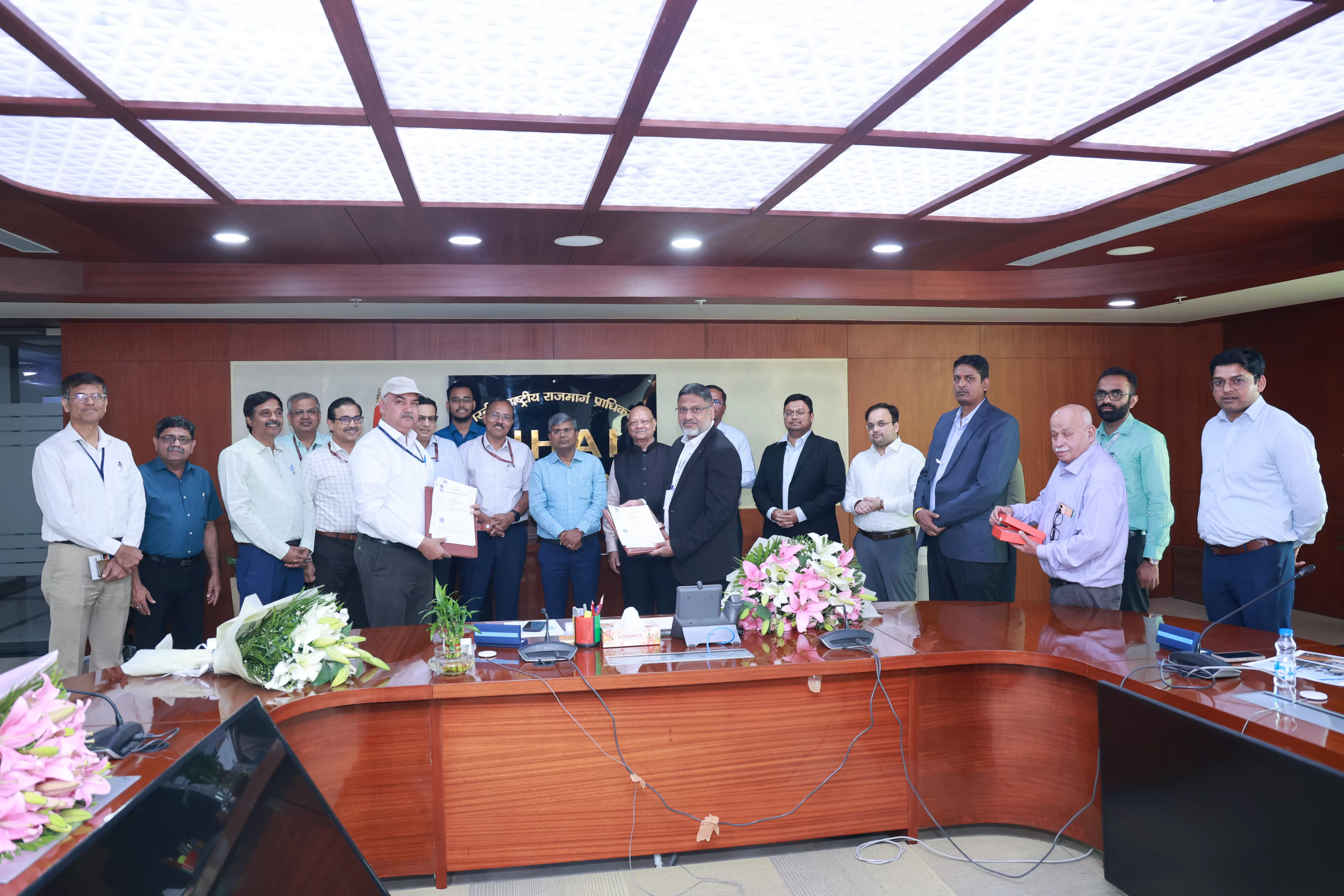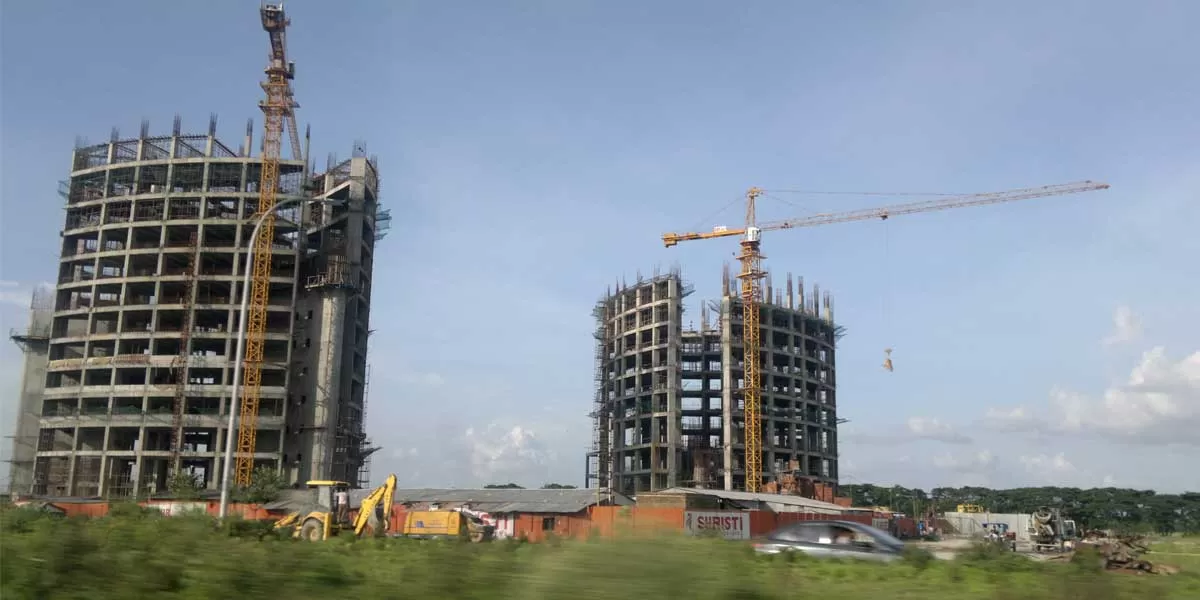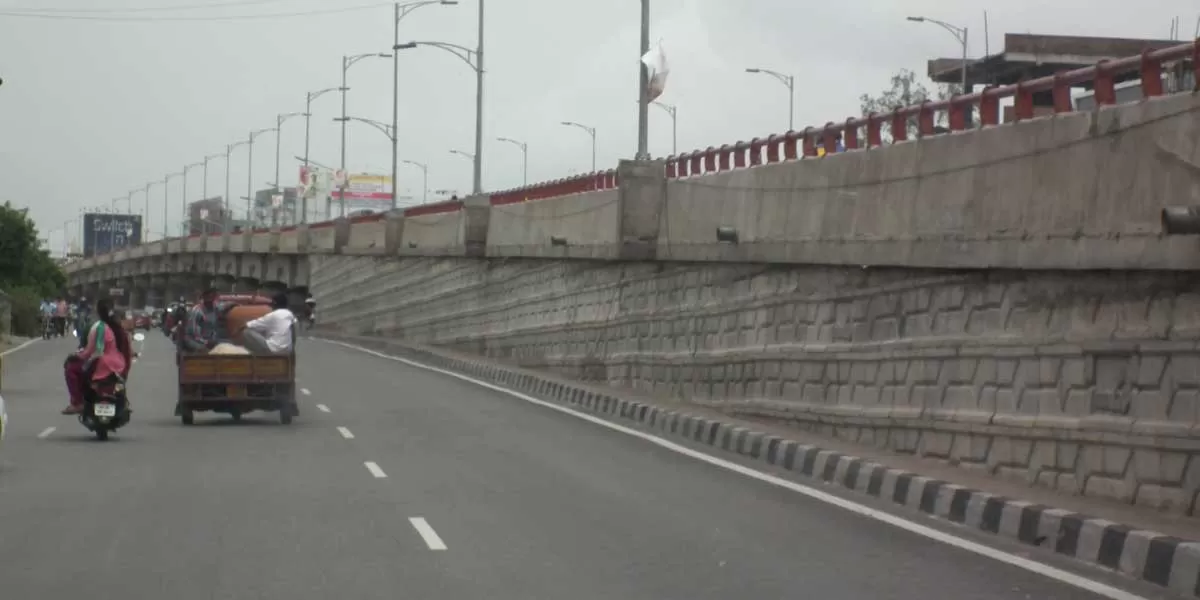
Acceleration to the Digital Age
Read full article
CW Gold Benefits
- Weekly Industry Updates
- Industry Feature Stories
- Premium Newsletter Access
- Building Material Prices (weekly) + trends/analysis
- Best Stories from our sister publications - Indian Cement Review, Equipment India, Infrastructure Today
- Sector focused Research Reports
- Sector Wise Updates (infrastructure, cement, equipment & construction) + trend analysis
- Exclusive text & video interviews
- Digital Delivery
- Financial Data for publically listed companies + Analysis
- Preconceptual Projects in the pipeline PAN India

Dineshchandra R Agrawal Infracon to Build Guwahati Ring Road on BOT Toll Model
Ahmedabad-based Dineshchandra R Agrawal Infracon (DRA Infracon) has secured the 121 km Guwahati Ring Road project in Assam under the build, operate, and transfer (BOT) toll model. The company emerged as the lowest bidder for the Rs 49 billion project, committing to construct the highway without any grant from the National Highways Authority of India (NHAI).This marks NHAI’s first fully private-funded highway project in nearly three years. The Rs 52.79 billion Guwahati Ring Road project includes a three-km bridge on the Brahmaputra, with the company recovering its investment through toll coll..

Aditya Birla Real Estate Sells Pulp & Paper Unit to ITC for Rs 34.98 Bn
Aditya Birla Real Estate Limited (ABREL) has announced the sale of its Pulp and Paper plant in Lalkuan, Uttarakhand, to ITC Limited for Rs 34.98 Bn, marking a strategic move to sharpen its focus on core real estate operations. The transaction, structured as a lump sum payment, remains subject to legal and regulatory approvals, including clearance from the Competition Commission of India (CCI) and shareholder consent. For this deal, JM Financial Limited acted as financial advisor, while AZ & Partners provided legal counsel to ABREL. With this divestment, ABREL reaffirms its commitment to rea..

Hyderabad to Get 24 New Link Roads in Rs 4.87 Bn Project
The Hyderabad Road Development Corporation Limited (HRDCL) has commenced work on the first phase of its ambitious link road construction project across the city. With an estimated budget of Rs 4.87 billion, this phase includes 24 key link roads aimed at decongesting traffic and improving connectivity. Among the planned projects, HRDCL is constructing a crucial link road from Raj Bhavan Road to the R&B Guest House near Begumpet Railway Station, as well as another connecting Begumpet Railway Station, Prakashnagar, and the Brahmanwadi railway track. Residents in high-density areas like Prakashn..














